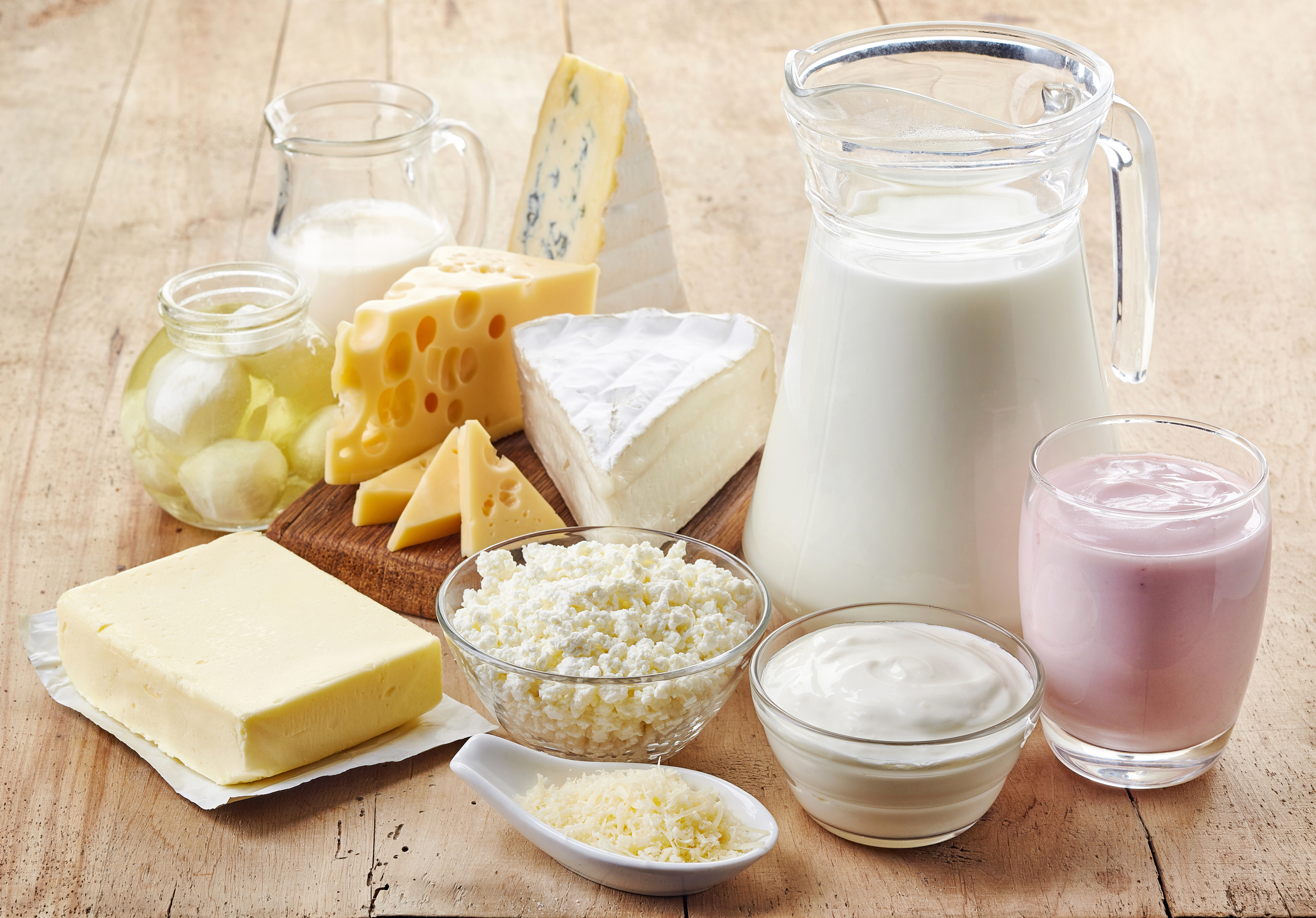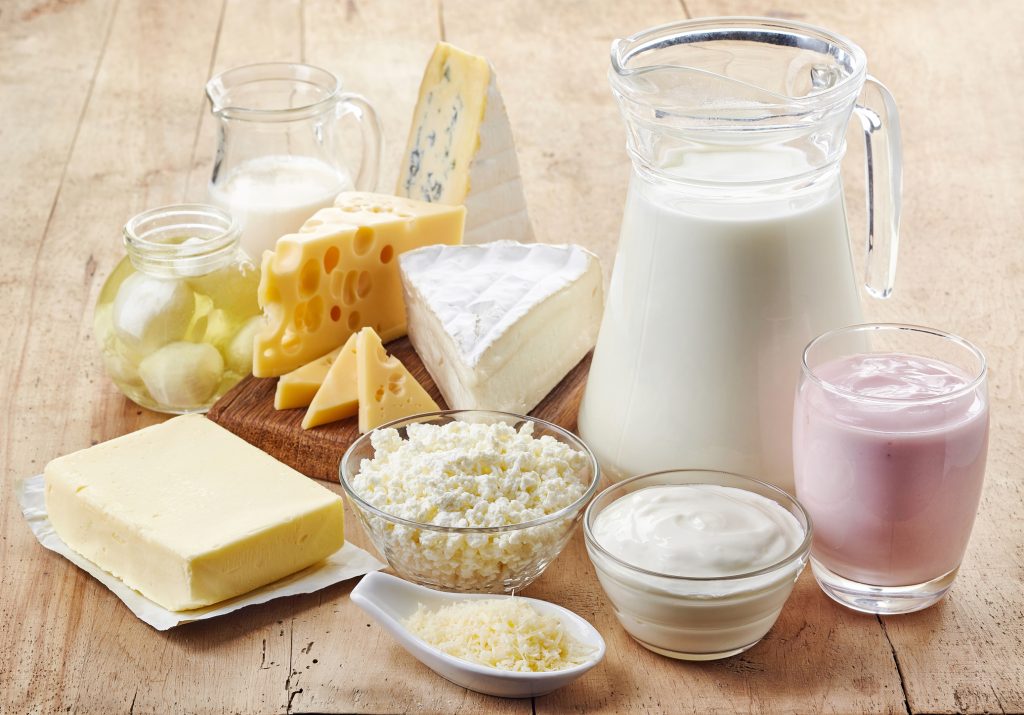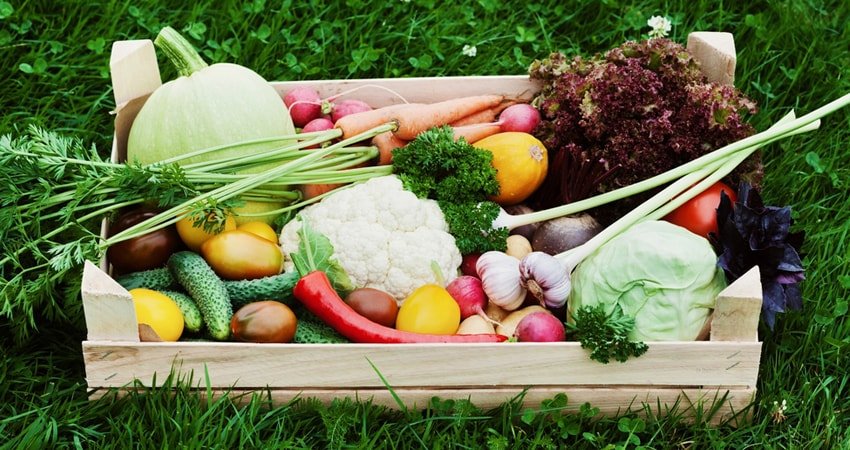
Diet is one of the main factors that cause or prevent constipation. It is generally recommended that meals not be skipped and that meals not be very heavy, and that consumption of processed foods be minimized. Excessive use of laxatives can make it difficult for the bowels to function independently. Each individual is a special case, but other factors that contribute to constipation are moving, stress and travel.
All doctors and health experts agree that maintaining excellent gut and overall digestive system health is vitally important to overall wellness, both physically and mentally, as it is closely linked to other organs in the body, such as the skin, heart and brain.
Below you will find a list of the main astringent foods to avoid for any reason if you want to relieve or prevent all the discomfort and problems of constipation when you have to go to the bathroom or if you simply have a healthier diet that can slow down a little the intestinal transit, maintain the health of the digestive system and the body.
First of all, it is important to point out that all organisms are different and may not respond in the same way to similar stimuli. That is why it is important to analyze in detail each particular diet and determine what foods are consumed most regularly to discover which ones can harm or promote the body’s processes and thus make changes and improvements.
Dairy Products
It is believed that excessive consumption of milk and its derivatives such as yogurt, cheese and butter, although they do not cause constipation by themselves, can worsen the problems it causes if you already suffer. This happens mainly because these foods are rich in fat and offer little fiber, for this reason the digestion process slows down when their consumption is abused.
Different studies have shown that in children of different ages who suffer or have suffered from chronic functional constipation, milk consumption is closely related. On the other hand, in people who are lactose intolerant, dairy products, in addition to slowing down the intestinal transit and causing constipation, can cause colic, bloating, cramps or diarrhea. Because it is a sugar, if the body cannot process it, it can stay in the intestines longer.
Red Meats
Red meat is any meat that has a pink or reddish color when raw. In this group of foods, we can mention beef, bull meat, game meat and some meats obtained from pigs or lambs. Red meat can cause constipation because it is very difficult to digest and also contains a large amount of fat.
This type of meat can slow down the intestinal transit because it has no fiber content. Various studies have also established a link between the excessive consumption of red meat and the production of certain types of cancer, such as colorectal cancer, which initially causes intestinal transit disorders, including constipation. Although red meats provide an important quantity of minerals such as iron, they can have consequences on digestion
The digestion of red meats is long and heavy. Although these foods do not directly cause constipation, they can significantly alter the intestinal transit and cause other symptoms related to constipation. It is also not recommended to eliminate meats from the diet as they are a good food in other respects, but avoid excessive consumption and try to eat them with a source of fiber such as vegetables.
Banana
People who frequently suffer from constipation should check the condition of the banana or plantain before eating it. It is advisable to eat the banana when it is ripe and becomes yellow with brown spots. When the fruit is still green, its starch content is quite high, which is why it can contribute to intestinal problems related to the intestinal transit and constipation process.
The consumption of bananas has traditionally been recommended to treat gastrointestinal disorders such as diarrhea and other ailments because it was considered an ideal fruit to relieve these discomforts. The banana, thanks to the resistant starch it contains, can help increase the production of short-chain fatty acids, very important for intestinal health.
There you go, to prevent constipation, avoid eating the food above in an excessive way. Do you want to learn more? Come back to check the second part of our article. Until then, tell us in the comments below what you have been doing to prevent constipation so far.



